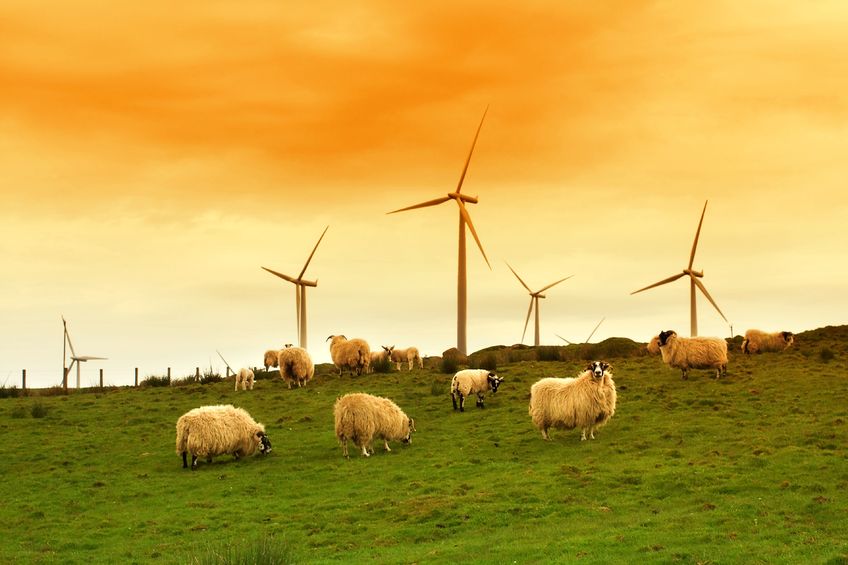
Welsh lamb and beef farmers are increasingly moving the industry’s climate change agenda forward as they link good environmental actions to good commercial practice, the latest Hybu Cig Cymru-Meat Promotion Wales (HCC) research indicates.
"Our research shows the red meat industry is proactively working to help with climate change solutions," said Dr Prysor Williams, Senior Lecturer in Environmental Management at Bangor University.
"Increasingly, farmers understand that a range of practical and cost-effective measures that improve technical efficiency on farm will also mitigate factors that affect climate change.
"This is not just a ‘worthy’ enterprise or a response to a moral imperative or political pressure; this is a win-win-win situation for farmers as they can benefit the environment while benefitting their animals, their production and their pockets."
The conclusions are based on detailed HCC research from a survey that elicited information from 286 Welsh beef and sheep farmers.
The work looked at inputs such as feeds, fertilisers, pesticides, bedding and fuel, as well as stock numbers and movements throughout the year.
It centred on the importance of productivity and efficiency in maximising output per unit input.
"Our industry is under the microscope perhaps more than any other industry. It is important to respond to the challenge and be proactive in reducing emissions" said Dr. Williams.
"Every sector has to play a part if we are to meet the UK Climate Change Act target to cut greenhouse gas emissions 80 per cent by 2050.
"Yes, of course, we all need to ‘up our game’. But we have excellent farmers and some excellent tools, such as the HCC Environmental Road Map, so we’re well placed to face up to the challenge.
"The work shows that if we can move the sector to be as efficient as the top 25% of farms, then this could make very significant reductions in emissions from the sector, and ultimately more profitable farms."
Bangor’s Dr Prysor Williams is one of a number of specialists taking part in HCC’s ON-Farm roadshow, where experts present their findings directly to farmers.
He offered a shortlist of actions that will make both a commercial and climate change difference: "Plant clover in grassland, as this fixes nitrogen and reduces the need to buy non-organic fertilisers; improve ewe nutrition in late gestation to increase lamb survival; lamb ewe lambs to increase flock output; increase lamb growth rates for earlier finishing.
"The virtues of good grassland management also can’t be overemphasised, then select pasture plants that minimise nitrogen losses.
"Mitigation measures can be practical, cost-effective and compatible with developing the long term sustainability of each farm business."
